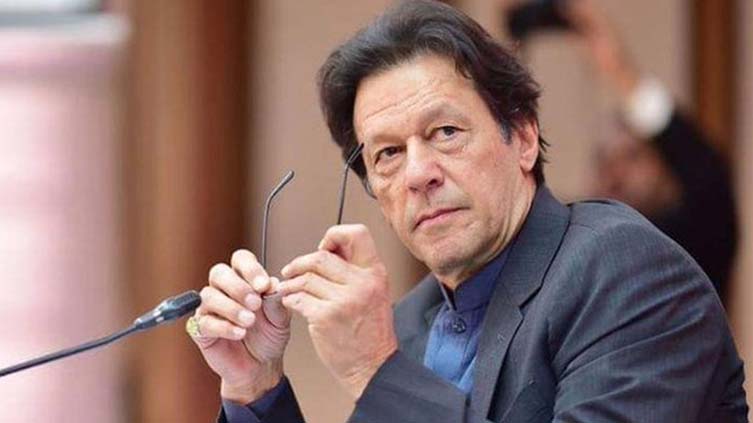ISLAMABAD: Islamabad sessions court stated to indict former prime minister and PTI chairman Imran Khan in the Toshakhana reference on February 7.
Additional Sessions Judge Zafar Iqbal today pronounced the verdict with PTI lawyer Ali Bukhari and ECP counsel Advocate Saad Hasan in attendance.
The Reference
The reference was filed by the Election Commission of Pakistan (ECP) last year. It asked the court to proceed against Imran under criminal law for allegedly misleading officials about the gifts he received from foreign dignitaries during his tenure as the prime minister.
ECP reference claimed that Imran had deliberately concealed his assets relating to Toshakhana gifts particularly in the year 2018 and 2019 […] in the statements of assets and liabilities filed for the year 2017-2018 and 2018-19”.
The ECP had requested that the PTI chief be convicted for the offences mentioned under Sections 167 (corrupt practice). As well under the 173 (making or publishing a false statement or declaration) of the Elections Act 2017.
The Toshakhana is a department under the Cabinet Division that stores gifts given to rulers and government officials by heads of other governments and foreign dignitaries
the Hearing
At the start of the hearing today, the court had asked Ali Bukhari where Imran’s power of attorney was. The PTI counsel contended to “Give me five minutes, Barrister Gohar is just about to reach [the court],”
The ECP’s counsel Hasan argued power of attorney can not be presented until “Imran Khan comes to court himself.” To this the PTI chief’s counsel stated that Imran’s medical certificate had been submitted in court.
The judge then instructed Bukhari to submit Imran’s power of attorney today.
Subsequently, Judge Iqbal directed Imran to submit surety bonds worth Rs20,000. Besides the judge instructed him to ensure in-person attendance in court at the next hearing.
Meanwhile, the PTI chief, is recuperating after sustaining a gunshot wound following an assassination attempt on Nov 03. He had sought exemption from today’s hearing.
At the previous hearing, the court had reserved its judgement on ECP’s petition.


